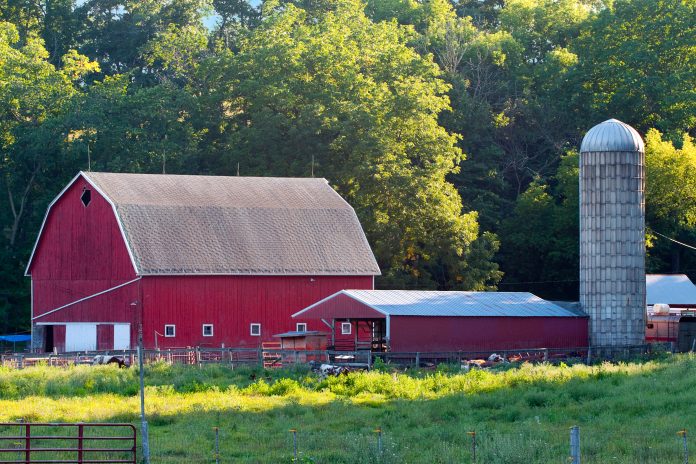*Updated Nov. 21
SALEM, Ohio — Ohio state legislators are considering a bill, House Bill 183, that would help beginning farmers get access to land and other resources and receive tax credits for financial programs.
The bill would allow anyone who sells or rents agricultural assets, including land, facilities, machinery, buildings and livestock, to a beginning farmer to receive income tax credits. These credits would equal 5% of the sale price, 10% of the rental income or 15% of the rental income from a share-rent agreement, depending on which situation applies.
The bill was referred to the committee on agriculture and rural development April 4 and had its third hearing Oct. 29.
The original version of the bill disqualified people from receiving tax credits if they sold or rented to family members. A substitute version of the bill removed this disqualification, so beginning farmers can buy or rent from family members, and they can both receive tax credits.
Generational farming
Members from several commodity groups, including the Ohio Soybean Association and Ohio Corn and Wheat Growers Association, testified in support of the bill at the third hearing.
“It’ll help support the transition to the next generation and help them to become successful farmers,” Scott Metzger, Ohio Soybean Association board president, told Farm and Dairy.
Metzger said the OSA pushed for the change to allow for tax credits between family members.
The latest version also caps the money available for credits at $10 million. The current bill would only extend to 2025. People can be certified as beginning farmers by the director of agriculture or by land grant universities.
Aging farmers
Trish Cunningham, of the Ohio Soybean Association, pointed out in her testimony that the average age of farmers increased from 2012 to 2017 and is now over 55. She said start-up costs for farmers can be very high, and this bill could help.
“We need to transition stuff to younger generations,” Metzger said. “I think anytime that you can incentivize young farmers in these trying times to come back to the farm … anything that you can do to help them along will make them want to come back more.”
Ryan Conklin, of Wright & Moore Law Company, also testified for the bill. He said in addition to the financial challenges beginning farmers face, established farmers do not have much incentive to sell to beginning farmers.
Many older farmers keep land and other assets until they die, and those who do sell may sell to large, established farmers who can offer more money, Conklin said. This bill could help level the playing field by offering tax incentives for selling to beginning farmers.
Other benefits
The bill would also allow beginning farmers who attend a financial management program to receive income tax credits equaling the cost of attending the program.
“Helping young farmers get that base knowledge … is something that we definitely support,” said Brad Reynolds, of the Ohio Corn and Wheat Growers Association, in an interview with Farm and Dairy.
Conklin said this part of the bill could be especially helpful for farmers who have student loan debt or who have other jobs off the farm.
“If you know how to market your grain and help make your business successful, that helps ensure that you’re viable long-term,” Reynolds said. “We want them actively involved in running a small business.”
Update: the bill advanced out of committee Nov. 19. The version of the bill that advanced added that the bill would only extend through 2021, instead of 2025.










